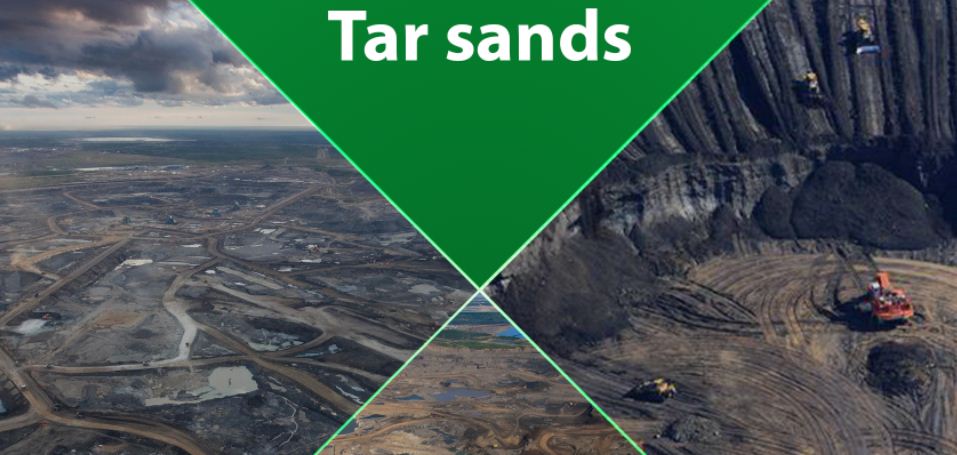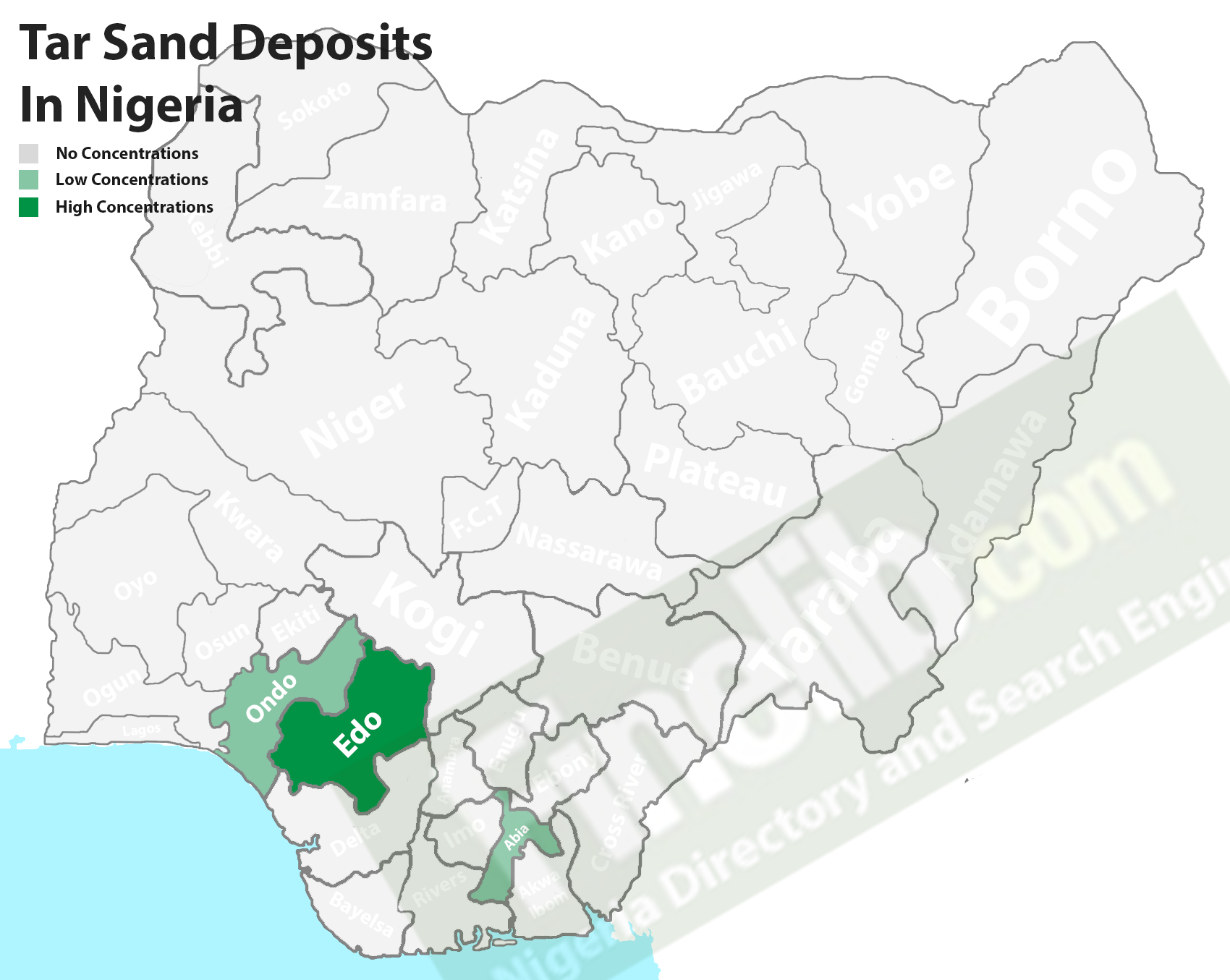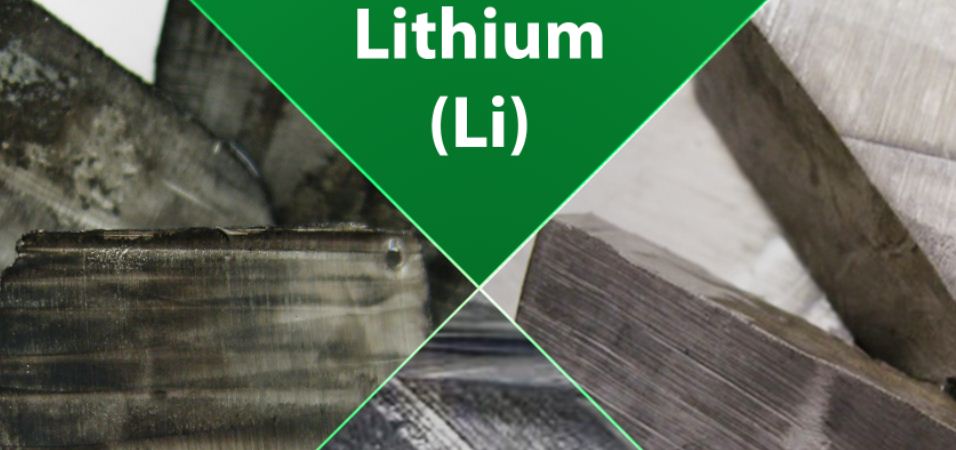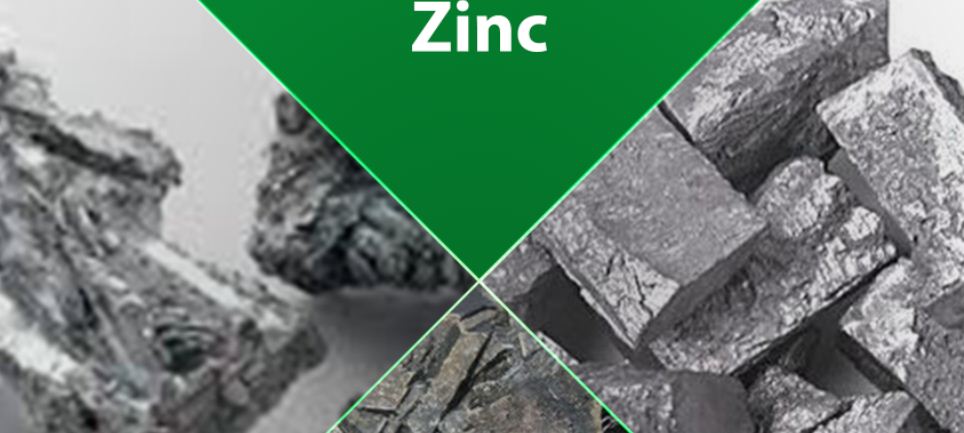Information On Tar Sands Rich Deposit States In Nigeria

Tar sand belt in Nigeria lies in the onshore areas of the Eastern Dahomey (Benin) Basin, Western Africa which also extends right up to parts of Edo State, Mid-Western Nigeria. Other states with these deposits include Abia and Ondo.
Tar sands are also called oil sands and are heavy black viscous oil formed from the combination of clay, sand, water, and bitumen, it is mostly mined because of the oil content in the bitumen which is extracted during processing and refined into oil.

The bitumen from which the oil is extracted cannot be mined freely or pumped in its natural state from the ground so it is mined together with the deposits of tar sand through open-pit techniques.
Unlike crude which can be located quite deep into the ground, bitumen is mainly located on the shallow surface, which means that mare cultivating and digging of holes in the ground can cause spills of the mineral resources and because of its shallow nature, the open cast strip mining method is mostly used.
After mining, the bitumen in the oil sands is separated from the sand, clay, and water that make up the tar sands using a separation system; the bitumen is upgraded and then refined, after which it is diluted with lighter hydrocarbons because of its so vicious nature to make it transportable by pipelines.
The oil gotten from tar sands after processing is similar to the oil transported from conventional oil wells, but with a more complex extraction process due to the tar sand present.
In Nigeria, Africa, and globally where tar sands are naturally deposited, its extraction is primarily due to the presence of oil-rich bitumen.
Uses of Tar Sands
- It is used to produce oil from the oil-rich bitumen content which can serve as gasoline and other petroleum products.
- It is also used in road paving.




